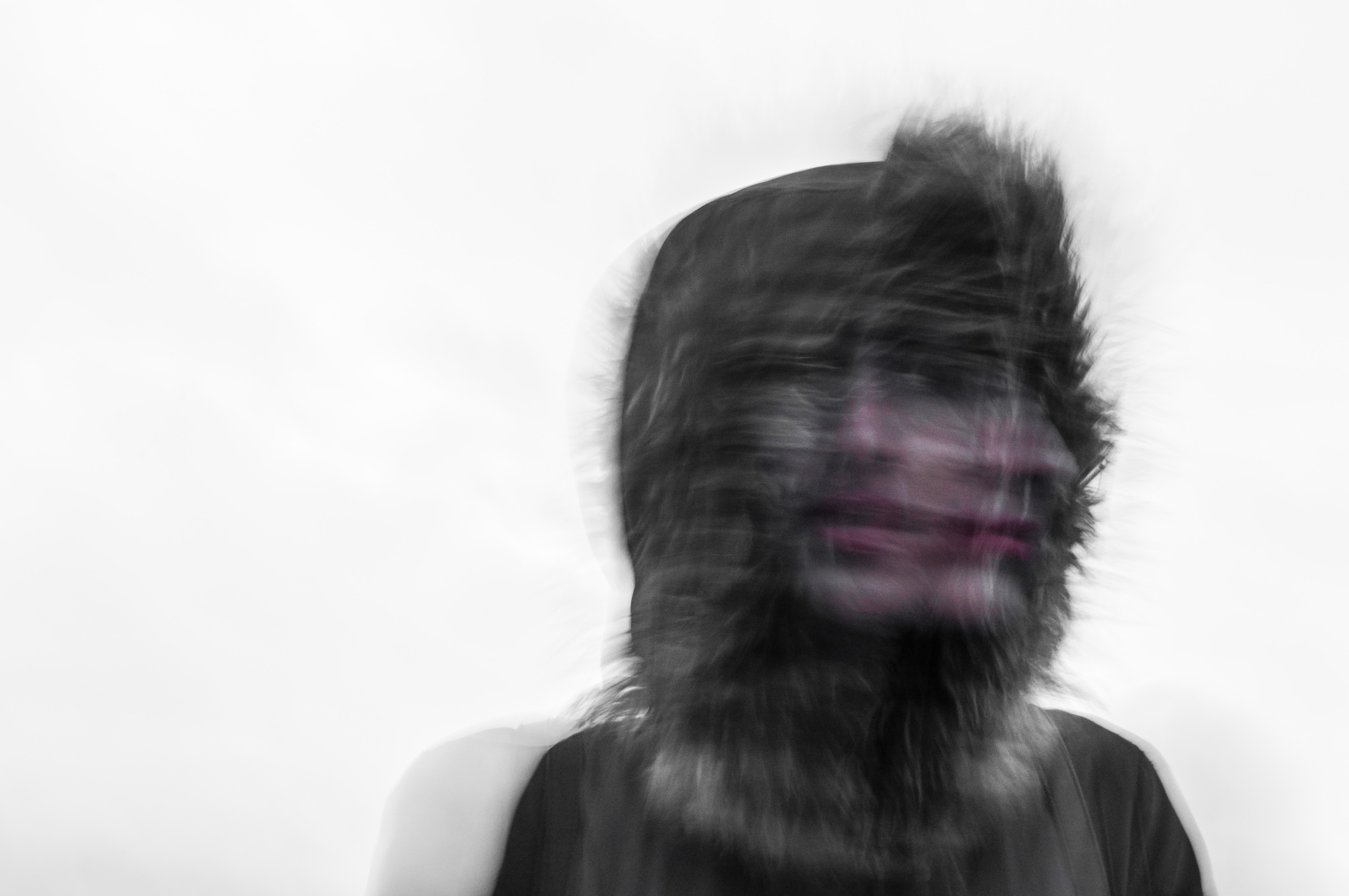I believed bullying happened in playgrounds.
I believed that most, if not all, bullying is done by men.
I also believed that bullying only happened to weak people.
This was until it happened to me. So many of my naive and ill-informed assumptions were shattered.
I was bullied by a female colleague, a person in authority, a person who was meant to mentor and guide me. I was in such a senior position that I felt ashamed to acknowledge it. I felt belittled and humiliated. It left me severely depressed, with anxiety that still affects me after 5 years. It caused severe emotional trauma that continues to affect my physical health. It had drastic consequences for my fertility.
It took me several months to recognise the signs, and acknowledge it.
Recent studies have shown that workplace bullying is on the rise. It has also been shown that workplace bullying is equally split between men and women, and women tend to bully more women than men. I am not entirely sure what the sample size was and how accurate this statistics are. But speaking to other women, and men, I have become increasingly aware of bullying that happens in workplace everyday. These people are reluctant to speak about this, often they have been pushed out of jobs with redundancy packages and severance contracts that forbid them from speaking out. Often they just wish to put the past behind them. There is also a sense of guilt as if they’d brought it upon themselves, a classic mindset of someone who has been bullied.
I didn’t mention it to many people but it made me more and more miserable, increasingly worried and anxious about going into work, and just unsure of my own abilities. This didn’t help the bullying in any way. I wanted to keep a note of things that had been said but it made me feel paranoid. Those close to me, that I mentioned it in passing, often tried to reassure me by reminding me that she was actually a nice person, or maybe there was some truth in what she had said. Not very helpful. I heard these things and others, such as:
“I’m sure that she doesn’t mean it.”
“It isn’t malicious in any way.”
“Is there something that you can do to change it?”
“Are you sure you aren’t imagining it?”
“Stick with it. It will get better.”
“Hopefully you are just over-reacting. “
“Does anyone else at work feel this way?”
I came through it somehow. But, it left me bruised and battered. I lost all passion for the job that I so loved, and for which I had worked so hard for all those years. I still have social anxiety and do not trust people. I used to have a strong faith in my judgement of situations and of people. I have forced and re-taught myself to trust again, but I still question my instincts.
Looking back, I wish I’d known that:
- I was not imagining it.
- I had done nothing wrong
- Even if I couldn’t prove it, doesn’t mean that it wasn’t happening.
- It can happen to strong people.
- It is important to talk about it.
And, yes, I buried this, not mentioning it or talking about it because academia is a small world, and people felt uncomfortable if I ever mentioned it. It made me feel that I wasn’t strong enough to deal with the pressures. Or, that i just wasn’t cut out for it. It is still not easy for me to write about it or talk about it. But, if we don’t mention it, then someone else who is feeling the same way will not know whether their feelings are real, and that the unfair accusations and unwarranted pressure that they come under, is actually a form of bullying.
So, if you are suffering in silence, or feeling ashamed for ‘letting this happen to you’ please do speak out, talk to someone, and do not be afraid. You are certainly not alone, and you are not powerless.
My art and creative practice helped me through this. I didn’t set out to use art as a healing mechanism, but when I reflected on it, I realised how much it helped me find peace and calm. When I am working on a creative project, I am fully immersed in it, and it is the best mindful technique that I would recommend.
It doesn’t matter if you think that you are creative or not. It is about finding a place for yourself, and time to let ideas flow, whether you are writing, painting, knitting or sketching. This is the time when I can find time just for myself, and my whole body relaxes. I find that my breathing is more controlled and regulated, and my heart rate is at a moderate pace. Printmaking and painting in particular have helped me be focussed on what I am doing, without any sense of anxiety, or the dread of being alone with my thoughts.
Although engagement with visual art even as a viewer can help sense of well-being, research has also shown that this can be massively enhanced by active engagement.
Art has the power to heal which inspired me to start a social enterprise to support mental well-being and campaign for creativity. I have certainly rediscovered some of the inner strength and resilience that I seemed to have lost. I hope you do too.


